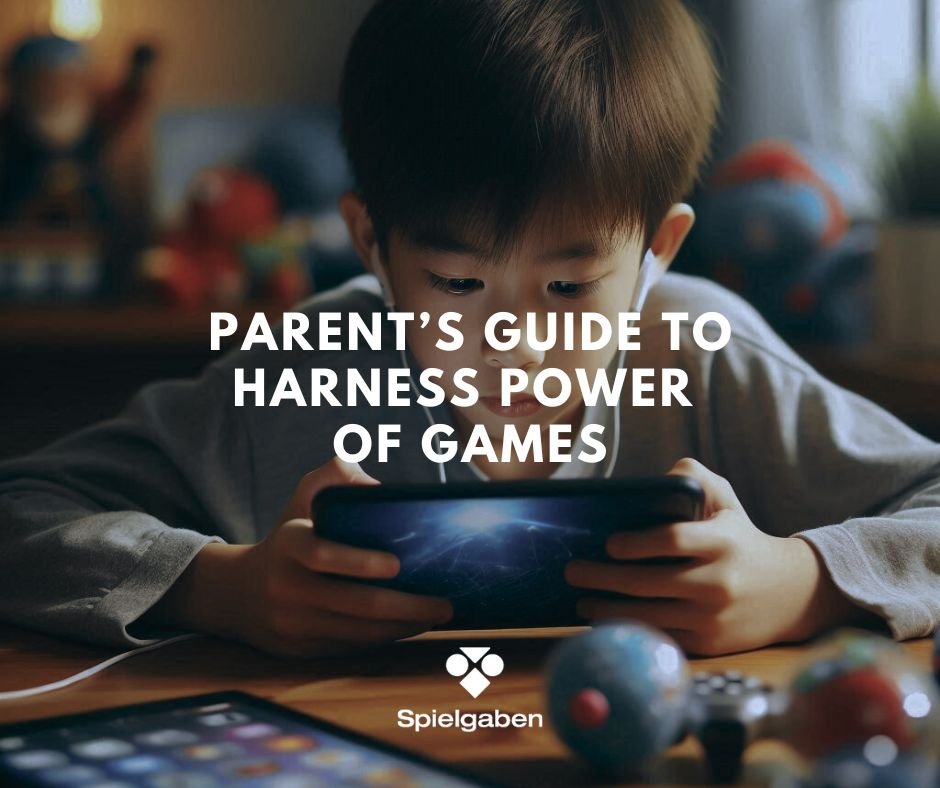Parents Come from the Past, Children Come from the Future
What is the purpose of parenting? What kind of adult do you want to raise your children into?
The ultimate goal of parenting is to help children become independent & resilient human beings so they pursue whatever they desire in their lives.
“How then should I raise my child so that my child can pursue their chosen path successfully?”
Parents in their 30s to 50s are at the peak age of their social lives and actively participate as leading members of society. What years will it be when our children reach our age?
If parents are in their 40s now in 2024, children will be in their 40s in the 2050s to 2060s.
Imagine how the world will change after 2050. Can you predict the industrial structure, job market, quality of life, and major societal issues that will determine the main stage of your child’s life in the 2050s to 2080s? How confident are you in your ability to predict that time? 50%, 30%, 10% of accuracy?
In the future, robots may walk alongside humans doing all of human’s hard work, and autonomous driving will become a norm no one needs to manually drive their cars and it wouldn’t be a surprise to see even flying cars that we saw in Sci-Fi movies driving around.
Think about how much the world has changed in the past 20 or 30 years since our childhood. When we were young, there were no mobile phones or internet at all. The world is changing at an ever-increasing pace. It’s undergoing upheaval.
We must remember that our children will live in a completely different world, even beyond our imagination. As parents, we are not in a position to predict our children’s future accurately and provide perfect guidance.
Then who can guide them? Teachers? Futurists? Who can best predict & prepare for such an unimaginable future?
The ones who can best predict and adapt to the rapidly changing future that our children will live in are our children themselves.
Our children are the ones who will live in the future. Parents think they are right because they have lived longer than their children. But parents overlook the fact that they have lived in the past, not the future.
Let go of the idea that you know better than your children.
Then, is there anything that parents can help to children be better prepared for their future?
There is one thing that parents know better than children. It is the fundamental values of life that form the basis of living.
Because the values of life are wisdom accumulated through years of living, passing on such values to children will be hugely beneficial for them.
It is NOT Academic results that parents should solely focus on but teaching life’s core values and attitude towards their precious life ahead is what parents should focus on.
Every parent wants their child to have smooth sailing in his life but we all know that in reality, there will always be ups and downs. This is why parents must educate children the life values, resilience, and attitudes toward their own life.
When we teach children the value from a young age, they carry it with them throughout their lives. A child with positive values will not despair when faced with any adversity. Even when they experience setbacks, they learn from setbacks and using them as opportunities for growth, become more resilient, creative, and innovative.
Here are Five Fundamental Core Values to teach your child.
The first value is positivity. Having a positive mindset does not mean having an attitude that everything will always go well. This unrealistic thought can lead to greater disappointment and frustration when things don’t go as planned. A positive mindset means believing that both good and bad aspects coexist in any situation. In life, good things will happen, and bad things will happen too. However, there are no events that are 100% good or 100% bad. Those children who have learned this at an early age will not easily become discouraged by adversity and will not become arrogant in times of success when they grow up.
The second value is integrity. It means that a person’s actions and words are right and truthful. Warren Buffett is said to look at three things when hiring someone. The first is how smart they are, the second is how proactive they are, and the third is integrity. This is called the 3 I’s. Even if someone is intelligent and initiative, if they lack integrity, will have a hard time gaining trust from others and meaningful relationships with others.
The third value is persistence. Persistence is important because it allows your child to overcome obstacles that your child may face. Almost all successful people have faced failures and setbacks along the way, but they didn’t let those setbacks define them. Instead, they used their failures as opportunities to learn, grow, and achieve the desired outcome. Please also keep in mind if only results are emphasized too much, the process may be ignored. It’s important to avoid allowing an attitude of “the end justifies the means.”
The fourth value is contribution. It means using one’s talents to help others and the world. Usually, the more one contributes, the greater the reward. Such individuals are also given more opportunities. Therefore, contribution is essential for a child’s growth and development and for our society to help each other and progress together.
The fifth value is compassion. Do companies only hire people who are exceptionally skilled and good at their jobs? No. They also consider whether the person is someone who seeks only their own success or someone who considers the progress of others as well. Employers will naturally choose the latter. From an early age, children should be taught to consider others. They should be taught not to harm others in any situation, to think about others’ situations, and to live together in a way that benefits others.
What parents must remember here is that parents themselves need to practice what they preach. The best teaching is when parents set a good example so children unconsciously learn, “That’s how life should be lived.”
Children may learn from other adults or friends outside the home but the influence of parents is just incomparable.
Of course, parents are not perfect. Children might say, “Mom, you don’t even do that, why are you telling me to do it?” In that case, parents should say, “This is very important, and mom and dad are not perfect. Let’s do and grow together.” As said earlier, parents should discard the attitude of “I know much more and follow what I say. ” Parents should think of themselves as growing together with their children.
By continuously teaching these five values and leading by example, children will take these core values into their lives and become wonderful adults who will thrive in the rapidly changing future ahead.













LEAVE A COMMENT